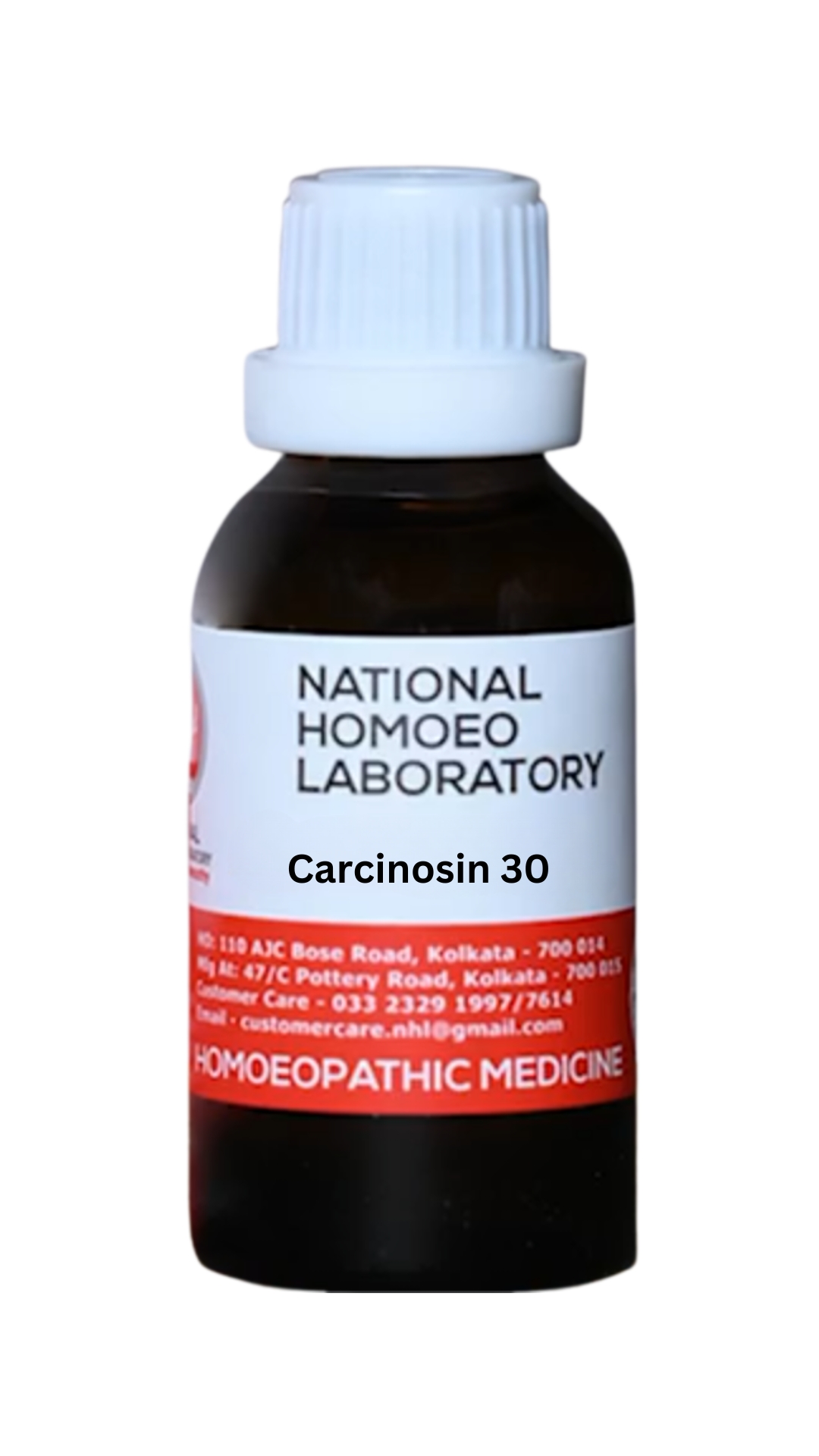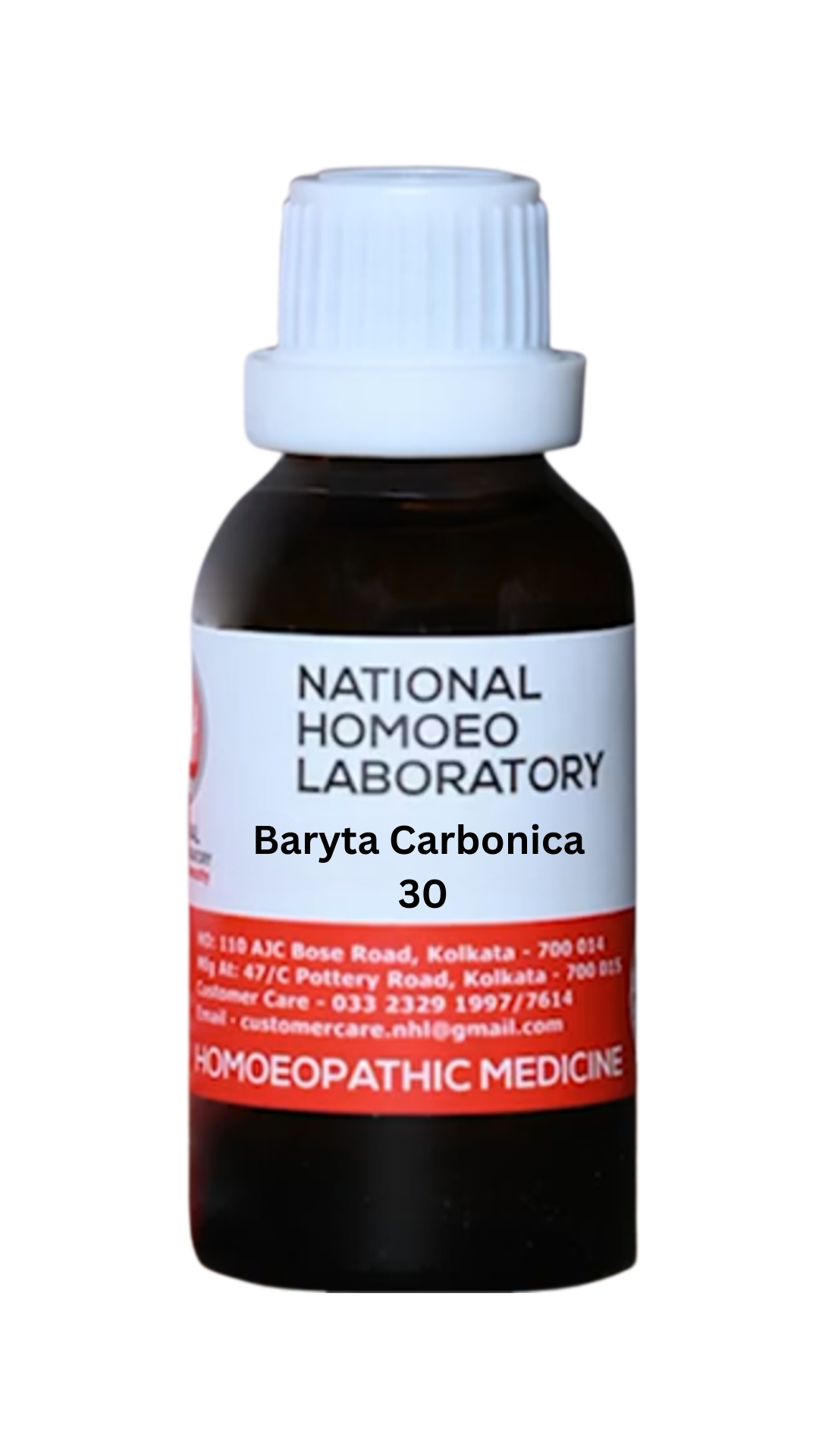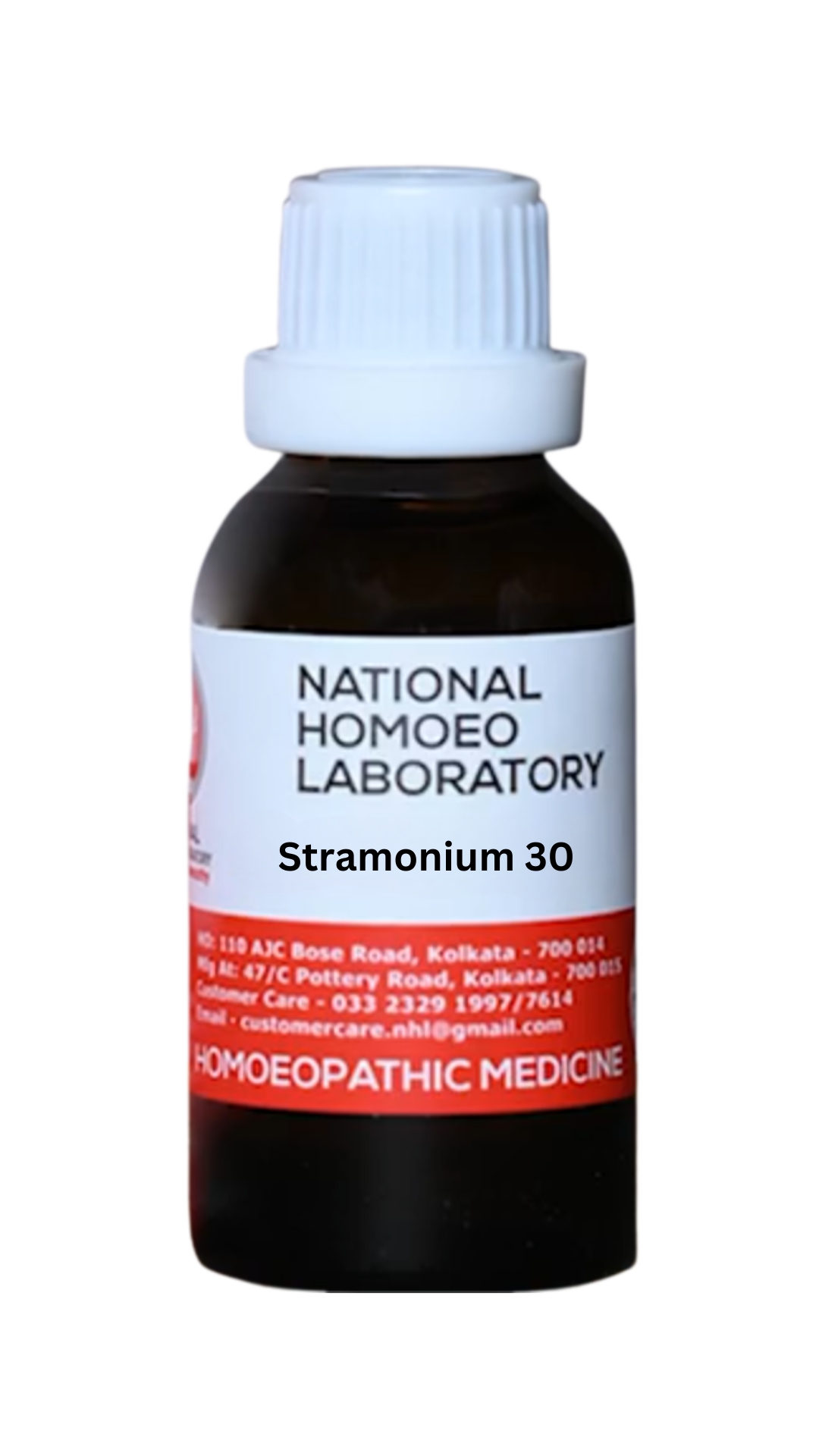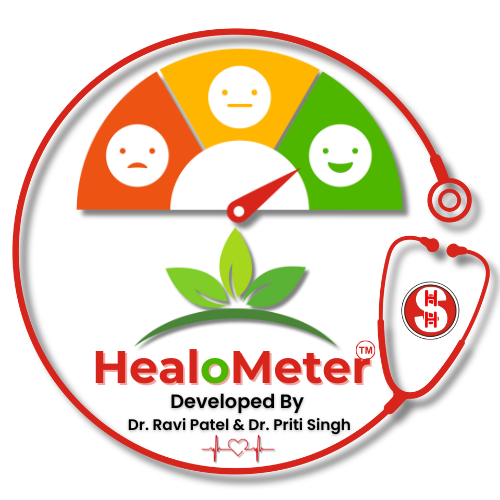Autism Spectrum Disorder (ASD): A Comprehensive Guide by Dr. Priti Singh
Introduction
Autism Spectrum Disorder (ASD) is a brain-related condition that affects how a person talks, behaves, and understands others. It is a lifelong condition, but with early help, children with autism can improve their daily lives. In recent years, awareness about autism has increased, but many people still do not understand it properly.
In this guide, I Dr. Priti Singh, an expert in autism treatment, explains what autism is, its symptoms, causes, treatments, and how homeopathy can help. This article also includes simple language and important information for Indian families looking for help.
What is Autism?

Autism is a developmental condition that affects a child’s ability to talk, learn, and interact with others. Every child with autism is different – some have mild difficulties, while others need more help in daily life.
Main Signs of Autism
- Not making eye contact when talking to people.
- Speaking late or not speaking at all.
- Repeating the same words or actions (like hand-flapping or rocking).
- Not playing with other children.
- Getting upset with small changes in routine.
- Very sensitive or not sensitive to sound, light, or touch.
Types of Autism
Autism is a spectrum disorder, which means it has different levels of severity. The main types include:
- Classic Autism (Kanner’s Syndrome)– Severe communication and behavioral challenges.
- Asperger’s Syndrome – Milder autism, with strong intellectual abilities but social difficulties.
- Pervasive Developmental Disorder – Not Otherwise Specified (PDD-NOS) – A mix of autism symptoms that do not fully fit into classic categories.
- Childhood Disintegrative Disorder (CDD) – A rare condition where a child develops normally but then loses skills.
Causes of Autism
The exact cause of autism is not known, but it happens due to brain development issues. Some factors that may increase the chances of autism include:
1. Genetic Factors
•Autism tends to run in families, suggesting a strong genetic component.
•Specific gene mutations and chromosomal abnormalities (e.g., mutations in SHANK3, MECP2, and NRXN1 genes) have been linked to autism.
•Inherited and spontaneous genetic mutations (de novo mutations) can affect brain development.
2. Neurological Factors
•Differences in brain structure and function are observed in individuals with autism.
•Abnormalities in brain connectivity and neural pathways, especially in areas related to social communication and behavior regulation.
•Imbalance in neurotransmitters like dopamine and serotonin.
3. Environmental Factors
While no single environmental factor directly causes autism, certain conditions may increase the risk:
• Prenatal & Perinatal Factors:
•Advanced parental age (especially fathers over 40).
•Maternal infections and illnesses during pregnancy.
• Exposure to toxins, heavy metals (like mercury & lead), and pesticides.
•Nutritional deficiencies, such as low folic acid during pregnancy.
•Gestational diabetes or obesity in the mother.
•Premature birth or low birth weight.
• Postnatal Factors:
•Early exposure to environmental pollutants.
•Complications at birth causing oxygen deprivation (hypoxia).
4. Immune System Dysfunction
•Abnormal immune responses in the mother or child may contribute to autism.
•Increased maternal antibodies that mistakenly target the developing fetal brain.
5. Gut-Brain Connection
•Emerging research suggests that gut microbiome imbalance (dysbiosis) may play a role.
•Gastrointestinal issues are common in individuals with autism.
- Vaccines DO NOT cause Autism – This is a myth!
Treatment Options for Autism

While autism cannot be “cured,” therapy and treatment can help children live a better life
1. Therapies for Autism
✅ Speech Therapy – Helps in speaking and communication.
✅ Occupational Therapy – Improves daily skills like eating, writing, and playing.
✅ Behavioral Therapy (ABA Therapy) – Helps manage actions and emotions.
✅ Special Education – Personalized teaching methods to help learning.
✅ Music Therapy – Helps in relaxation and emotional expression.
✅ Animal-Assisted Therapy – Interaction with animals like dogs or horses can improve social skills.
2. Diet and Lifestyle Changes
✅ Healthy Diet – Some parents find that removing gluten (wheat) and dairy (milk) helps.
✅ Regular Exercise – Activities like swimming, cycling, and yoga can improve focus.
✅ Less Screen Time – Too much mobile or TV time can make symptoms worse.
✅ Quality Sleep – A proper bedtime routine is essential for managing hyperactivity.
Myths and Facts About Autism
❌ Myth: Autism is caused by bad parenting.
✔ Fact: Autism is a medical condition, not related to parenting style.
❌ Myth: Autism can be outgrown.
✔ Fact: Autism is lifelong, but therapies can help significantly.
Relationship Between Autism and Homeopathy

Homeopathy offers a holistic and individualized approach to managing autism symptoms. Unlike conventional treatments that focus mainly on behavior management, homeopathy aims to balance the body’s natural healing processand improve overall well-being.
How Homeopathy Helps in Autism ?
✅ Addresses core symptoms – Helps with speech delays, hyperactivity, aggression, and social difficulties.
✅ Improves cognitive function – Enhances focus, memory, and learning abilities.
✅ Reduces sensory overload – Helps manage sensitivity to sound, light, and touch.
✅ Supports emotional regulation – Reduces anger, frustration, and mood swings.
✅ Encourages better sleep – Helps manage insomnia and nighttime restlessness.
✅ No harmful side effects – Completely natural and safe for long-term use.
Why Choose Homeopathy for Autism ?
✅ Individualized Treatment – Every child is unique, and homeopathy provides a customized approach based on specific symptoms.
✅ Works on the Root Cause – Instead of just suppressing symptoms, homeopathy restores the body’s natural balance.
✅ Safe for Long-Term Use – No risk of addiction or side effects compared to conventional medications.
✅ Can be Combined with Other Therapies – Works well alongside speech therapy, occupational therapy, and behavioral interventions.
Homeopathic Medicines for Autism

✔ Carcinocin
✅ Helps children with obsessive tendencies and rigid behavior. ✅ Useful for children with repetitive habits, perfectionism, and sensitivity to noise. ✅ Supports children with sleep issues and anxiety.

✔ Baryta Carb
✅ Best for delayed speech and social anxiety. ✅ Helps shy children who avoid eye contact and social interactions. ✅ Improves memory, learning, and cognitive function.

✔Stramonium
✅ Helps reduce fear, aggression, and sudden mood swings. ✅ Beneficial for children who experience night terrors or hallucinations. ✅ Useful for children who display violent or uncontrolled behavior.
- Note: Every child is different, and homeopathic treatment should be personalized. Always consult a qualified homeopathic doctor before using any medicine.
Santosh Homoeo Hall and Clinic: Expert Homeopathic Care for Autism
At Santosh Homoeo Hall and Clinic, we provide safe and effective homeopathic treatment for autism. Our approach focuses on:
Personalized homeopathic medicines based on symptoms.
Natural and safe remedies without harmful side effects.
Guidance for parents to help their child improve.
Support for better communication and learning.
If you are looking for the best homeopathic doctor for autism in Varanasi, visit Santosh Homoeo Hall and Clinic. Book an appointment via WhatsApp or our website: www.santoshhomeopath.com.
Conclusion
Autism is a lifelong condition, but early help, therapies, and homeopathy can bring great improvements. Parents should focus on love, patience, and proper guidance to help their child grow.
If you need expert homeopathic advice for autism, contact Santosh Homoeo Hall and Clinic today.





